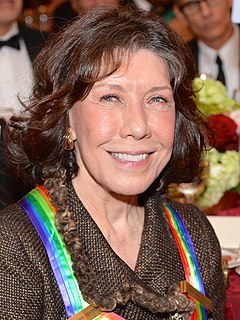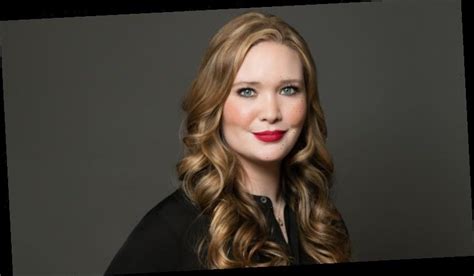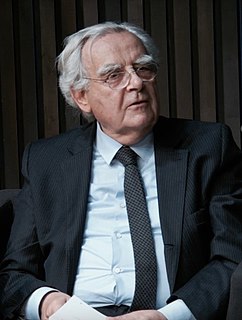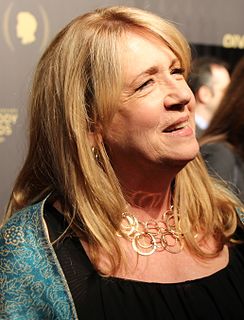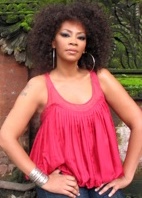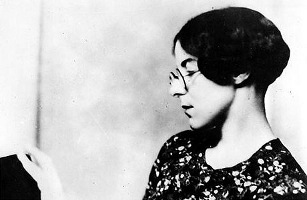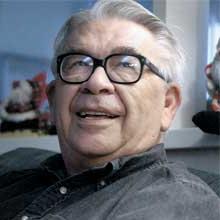A Quote by Lily Tomlin
I was always drawn to more the social-expression-of-culture types.
Related Quotes
The pressure to perform is relentless in today's workplace - regardless of where you work. We are all being asked to do more with less. I think what we could borrow from the culture of Silicon Valley is "eat your own dog food ." That is an expression used by tech types to mean using what you make or sell.
I see parody as another form of comedy. If you are making a comedy, there are a lot of different ways to do it. I'm not necessarily always aware of my quote-unquote persona when doing things like that. It's more, "What does the character need at the time?" I'm certainly drawn to certain types of material, there's no doubt about that.
Freedom is the very essence of life, the impelling force in all intellectual and social development, the creator of every new outlook for the future of mankind. The liberation of man from economic exploitation and from intellectual and political oppression, which finds its finest expression in the world-philosophy of Anarchism, is the first prerequisite for the evolution of a higher social culture and a new humanity.
There are so many fantastic roles, but the ones that have always drawn me to them are the loners who, for whatever reason, never quite fit in and knew it and had to find their own way. I've always been drawn to that, for some reason. I've always been drawn to that sad, isolated place, but what it produces in behavior is something else, entirely. For whatever reason, I'm drawn to these people. Essentially, I think what draws me is that they are survivors against rather considerable odds.
Theology, Mr. Fortune found, is a more accommodating subject than mathematics; its technique of exposition allows greater latitude. For instance when you are gravelled for matter there is always the moral to fall back upon. Comparisons too may be drawn, leading cases cited, types and antetypes analysed and anecdotes introduced. Except for Archimedes mathematics is singularly naked of anecdotes.
